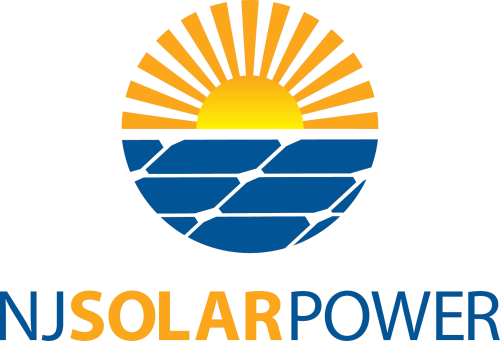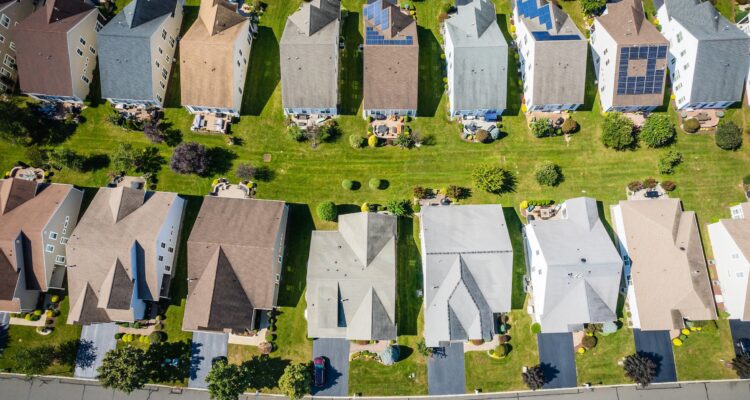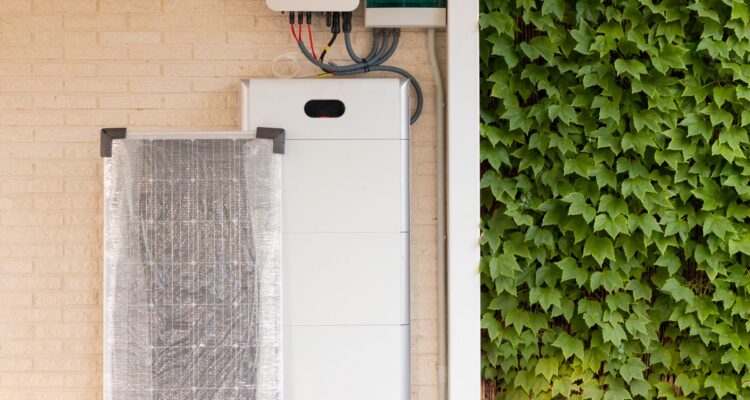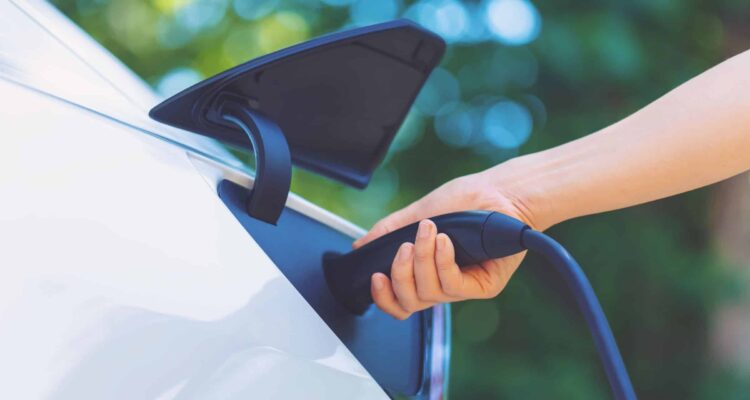Residential solar panels reduce your monthly expenses by eliminating your electric bills, and they can…
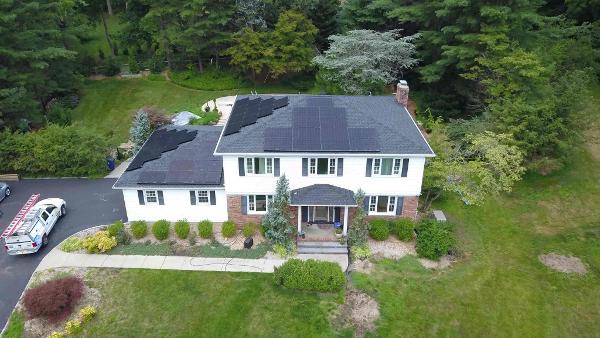
The Homeowner’s Guide to Going Solar
“Should I pay for my solar system all up front, or should I lease the solar system?”
“Which contractor should I use?”
“Which solar panels are right for our home?”
Making the decision to go solar can be overwhelming, particularly when you get to important details such as choosing between a variety of brands and different financing options – can be overwhelming.
If you’ve got questions about going solar, you’ve come to the right place. We’re making the “homework” for homeowners easier. Also, if you haven’t read our breakdown of the components of a home solar system, you can find it here: What are the components of a solar system?
In this post, we’re sharing a homeowner’s guide for understanding the differences between different solar technologies. Our goal is to help you learn the basics about solar.
To make the best choice for your solar investment, below are some important factors to consider:
1. Size vs. Efficiency:
The size of a solar panel is its measurable dimensions. However, efficiency is a widely used industry term that is more important and more complex. In short, a panel’s efficiency is how much electricity a panel produces for a given amount of sunlight. A panel’s efficiency is driven partly by the materials used to make it.
Solar panels – often called modules – are commonly rated with a number, which refers to their direct current (DC) output according to established, “Standard Test Conditions” (STC). In an effort to establish uniform test conditions, the STC are agreed-upon conditions for comparing and rating solar panels more accurately against each other. Although many conditions can affect the actual output of the panel in real-word conditions, it stands to reason that the higher the number, the better because more power is, well, more power.
Not every solar panel is the same size. It’s important to note that larger panels can have higher DC ratings but may actually be less efficient. In space-constrained situations, such as the roof of your home, higher-efficiency modules with greater power density can often be a better choice than larger modules. They produce more power – and may save you more money – for the space available on the rooftop.
2. Beauty or Brawn
Generally, homes are our largest single investment. As a homeowner, you want a panel that not only looks nice on your roof but is durable and has low degradation factors (keep reading to learn more about degradation in the next section).
When selecting a solar panel, you are usually presented with two design options: An “all black” module with a frame and backsheet (a “backsheet” is the last layer at the bottom of the solar PV panel) that match the color of the cells to provide a uniform, dark appearance, or a module with a white backsheet. While the cells cover the vast majority of the solar panel, the white is visible in the cell gaps and the border of the module.
Keep in mind that a solar panel’s cells collect energy. At a certain point, excessive heat can actually cause a decrease in energy output (i.e., module performance).
The decision to go with an “all-black” or a “white on black” module is an aesthetic and efficiency choice. Because black absorbs sunlight, all-black panels get hotter and may become slightly less efficient than modules with white backsheets. The all-black option doesn’t reflect sunlight back onto the cells.
3. Warranty Coverage (up-front cost vs. lifetime cost):
Consumers should look for a solid warranty that covers costs associated with everything – the labor, transportation, and replacement of panels. If something goes wrong with your panel, you shouldn’t have to pay anything out of pocket.
While problems with installed solar panels can occur, the most important element for consumers to look for in their warranty is the allowable degradation (or “d-rate”) of the module. The d-rate quantifies the reduction in power a solar panel will produce every year that it’s in service. While fractions of a percent might not seem like a lot, over time (as your rate of power offset generally goes up) it can have a significant impact on long-term system value.
Last but not least, it’s important to consider the history and the “bankability” of the brand that stands behind the warranty. In short, you want to buy panels made by a company that is in good financial health and will be around in 25 years. Panels made by companies without as much industry experience or that you’ve never heard of – could be a roll of the dice.
The big takeaway is that not all solar panels are the same and not all solar brands are the same. Going solar is a long-term investment with long-term benefits. That’s why it’s so important to fully understand your options.
In closing, a few other tips to keep in mind as you shop around:
- Paying for the system upfront or using debt will almost always yield better returns.
- When shopping for a solar installer, look for manufacturer endorsements such as LG PRO. Check reputational ratings online and contact your local inspector to see how your local contractors stack up.
- Every home is different. Understand what technology is right for the unique features of your house and its roof. While installers are there to advise you in the process, as the homeowner, remember that you have the say in what solar panels are installed on your roof.
Looking for more information or how to move forward? At NJ Solar Power we employ a team of the state’s best and most qualified engineers to design and maintain your solar energy system. Our technicians are trained to help you every step of the way, from picking out the right solar energy system for your property, to installation and dependable maintenance, whether it’s routine check-ups or repairs after a severe weather event. Contact us or give us a call today.
